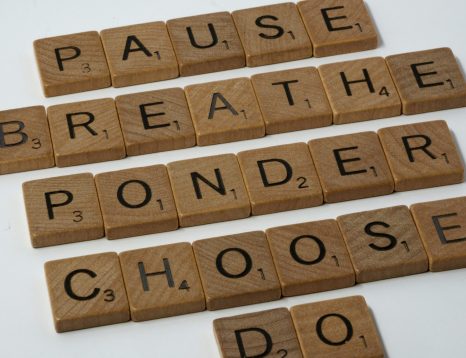
A mentally resilient person is one who will face stressful situations, disappointment and difficult circumstances in such a way that through these experiences they will not only cope and not collapse but will achieve personal development and self-knowledge. Resilience is not about the absence of problems, but the ability of someone to move forward in the face of the challenges they face.. That is, how well a person can manage their problems.
What are the common characteristics shared by people with mental resilience?
Self-awareness: They know their strengths and weaknesses and can recognize their emotions.
Positive Thinking: They do not avoid problems but try to find and develop solutions. They have a positive perception of themselves and the world in general.
Flexibility: They have the ability to adapt. They face issues with an open mind, without clinging to past situations.
Supportive Relationships: They maintain very useful support networks to get help in difficult times.
Sense of Purpose: Important goals and values guide them in a direction they want to follow and thus keep them motivated to move forward towards fulfilling those goals.
How can we strengthen our mental resilience?
Focusing on the positive aspects of life. Optimism and a positive attitude can help us face difficulties with greater flexibility. Recognizing the positive elements in every situation and reframing negative thoughts contribute to maintaining a healthy mental state.
Setting small, achievable goals helps develop a sense of control. By taking small steps toward solving problems, we strengthen our self-confidence and our ability to face challenges.
Developing the ability to manage stress is critical to mental resilience. Techniques such as diaphragmatic breathing, meditation, physical exercise, and adequate rest help reduce tension and enhance the ability to cope with challenges.
Having a deeper purpose in life gives us the strength to face challenges. Engaging in activities that fulfill us and connecting with our values strengthens our resilience and helps us overcome difficult times.
Gratitude practices and the ability to forgive ourselves for our mistakes and weaknesses are keys to resilience.
Mental resilience is not innate. It is a process that takes time and practice, but every small step in this direction can lead to optimism and a balanced life.

Bibliographic references
- Masten, AS (2001). "Ordinary magic: Resilience processes in development." American Psychologist, 56(3), 227-238.
- Southwick, SM, & Charney, DS (2012). “Resilience: The science of mastering life's greatest challenges.” Cambridge University Press.
- Rutter, M. (2012). "Resilience as a dynamic concept." Development and Psychopathology, 24(2), 335-344.










